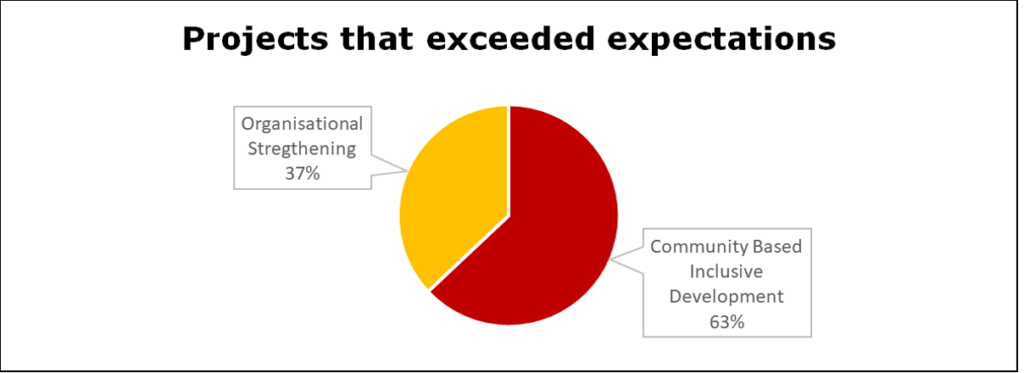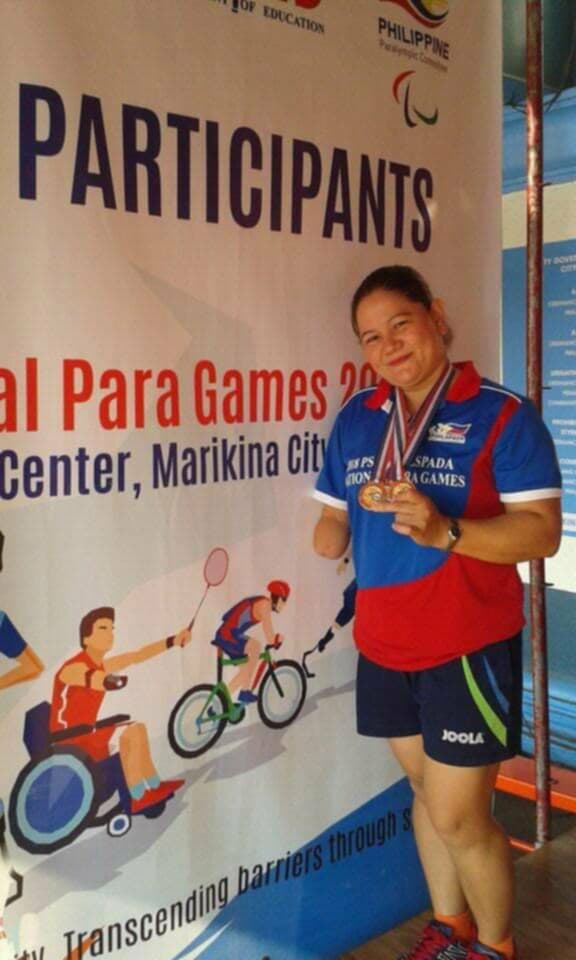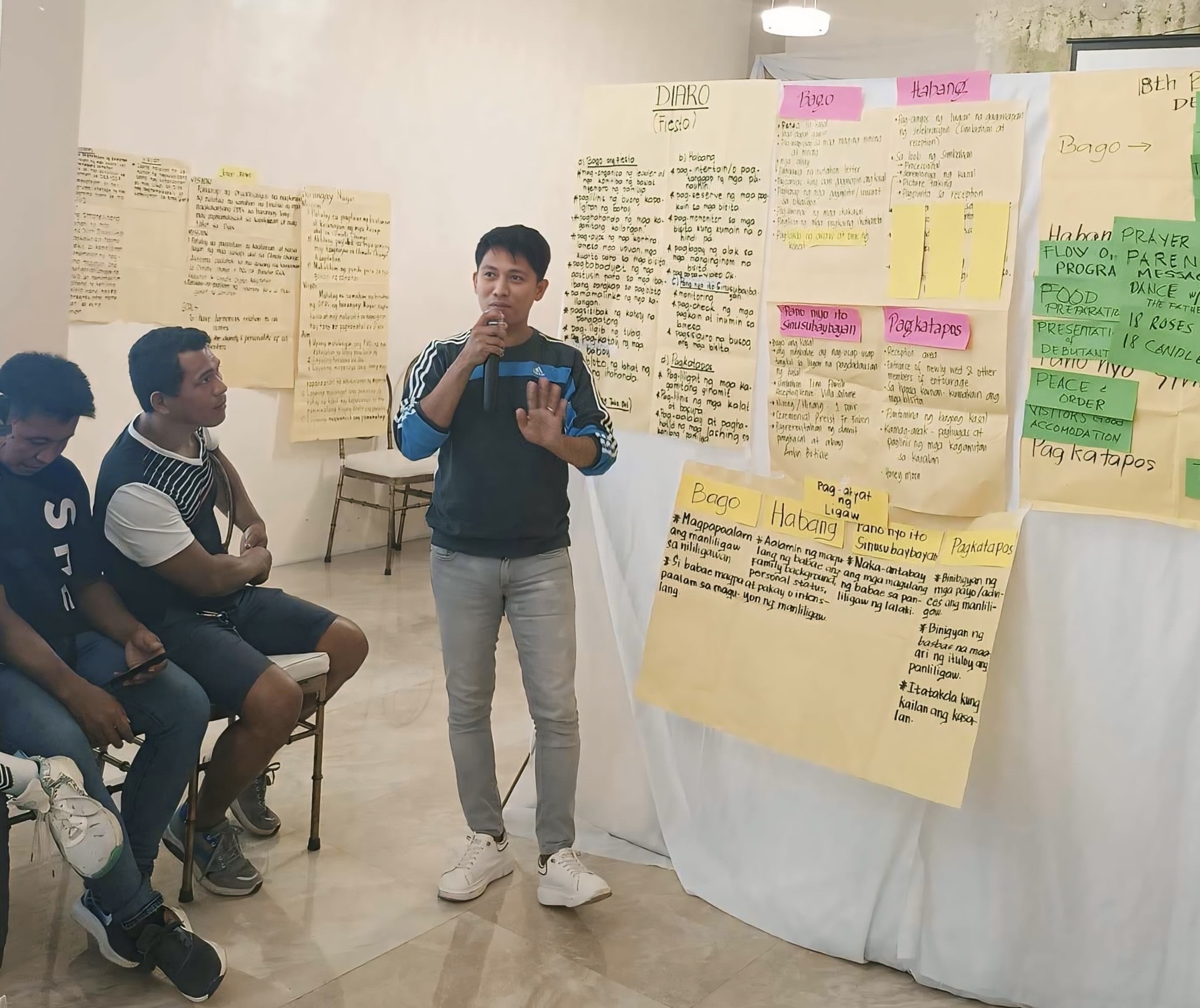Achieving project expectations: what our project evaluations are telling us
Stories | January 11, 2023
CBM Australia’s field programs help to improve the lives of people with disabilities living in some of the poorest communities in the world.
To ensure our projects are changing the lives of people with disabilities for the better, we recently looked at 33 project evaluations of our work from 2018 to 2021 and assessed project achievements.
Over 90% of CBM Australia projects achieved expected results
We found that overall, 24% of projects achieved results that were beyond expectations, while 67% were in line with expectations. Only three projects achieved a disappointing level of change. This was due to COVID-19 and targets that were too ambitious.

One project that exceeded expectations was the Community Based Inclusive Development project in Cameroon. The project team made great progress in embedding disability inclusion in services around health, education, livelihoods, social engagement, and councils.
The project focused on both disability prevention and treatment, and connected large numbers of people with, or at risk of, disabilities to health services, providing rehabilitation, medication, advice, and assistive devices for managing and minimising a person’s disability.
Over 8 years, 624,000 people were connected to health services – 350,000 of whom accessed health care for the first time
Health staff were well trained on disability issues, and services, such as hospitals and clinics, became more accessible. Mental health became a strong focus of the project, with the training of mental health professionals and increasing community awareness of mental health issues.
“We have provided funds to purchase such wheelchairs, tricycles, crutches and canes,” Council member.
Schools became more accessible for children with disabilities. Teachers were trained and given access to resources such as special dictionaries, talking calculators, and computers with specialised software. Parent Teacher Associations waived fees for students with disabilities and funded assistive devices, teaching aides, and structural changes to classrooms making them more accessible. These schools became role models for inclusive education.
The project also helped set up 182 Associations of People with Disability (APWD) to become strong advocates and take a more active role in supporting people with disabilities, and got local councils to think more about disability.
“We have organised sign language workshops to promote accessibility and inclusion,” Council member.
This is just one example of a CBM Australia project that has delivered outcomes beyond our expectations and gone a long way to improving the lives of people with disabilities in Cameroon.
Find out more about our project evaluations.
CBM acknowledges the support of the Australian Government through the Australian NGO Cooperation Program (ANCP).
https://www.cbm.org.au/stories/achieving-project-expectations-what-our-project-evaluations-are-telling-us
Related Stories

Aiming for gold and championing the rights of people with disabilities
Minnie, a 40-year-old mother of two and Treasurer of...

Jay’s journey: from hiding his disability to advocating for change
Jay, a 31-year-old hairdresser from the Philippines and father...

The Blessed Life
Mary learnt the depths of the implications of living the blessed life. The angel Gabriel had told Mary that she was going to be pregnant with the Son of God....
